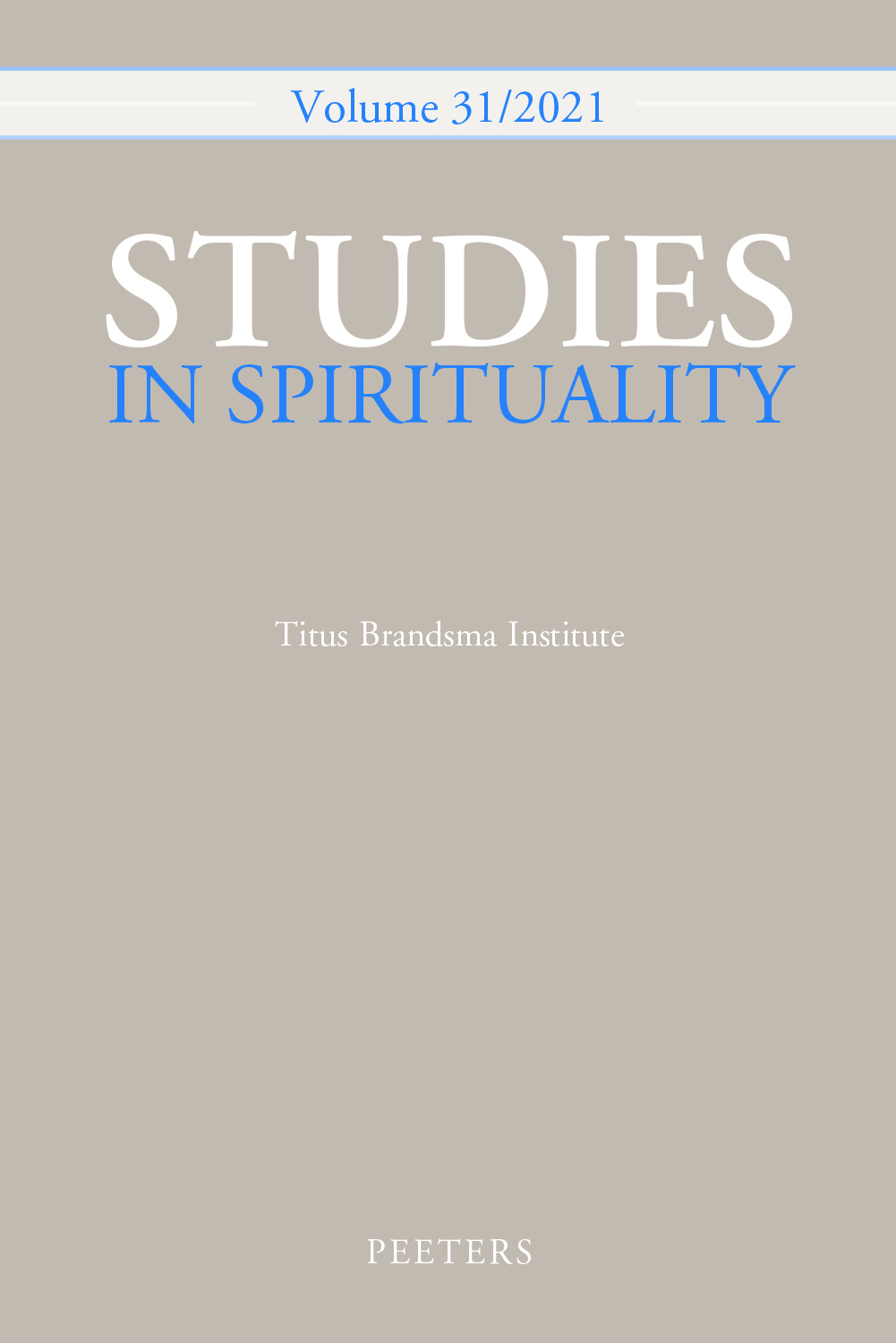 previous article in this issue previous article in this issue | next article in this issue  |

Preview first page |
Document Details : Title: Michel Foucault Subtitle: The Spirituality of Motivation and Care of the Self as the Basis for Sexual Ethics Author(s): OFILADA MINA, Macario Journal: Studies in Spirituality Volume: 18 Date: 2008 Pages: 313-331 DOI: 10.2143/SIS.18.0.2033295 Abstract : Michel Foucault (1926-1984) contends that Greek ethics or morality was not hinged on anything else except moderation. This was especially true with regards to sexual activity and pleasure. The Greeks did not part, like the Christian tradition, from a notion of a primordial fall or original sin that was said to be the reason behind man’s culpability. This is tantamount to saying that the Greeks are bereft of the notion of perversity or demented nature. Thus, sexual desire was held to be moral regardless of the gender of the object of desire. However, a more pragmatic notion with regards to sexual activity (propagation of the species) was also dominant such that sexual activity was seen to have some dangers. These dangers are constituted by the possibility of excess. According to the Greeks, this would mean that the soul (or the self ) would be conquered by sexual appetite. In other words, what was excessive was immoral. Excessiveness is understood in quantitative terms. Economy here meant control or administration of the sexual appetites and desire. The notion of the propagation of the species somehow put the brakes on the excessiveness of sexual desire, which was natural. To be moral, for the Ancient Greeks, meant to control and regulate (or administer properly) this natural desire. Though Foucault sparingly used the term ‘spirituality’, this study reveals that his studies on the care of the self, especially with regards to sexual activity, is in effect the realization of what the French thinker understood as spirituality in relation to philosophy as subordinated to the project of the quest for truth. |
|


